Vladimir Putin is observing the old adage that you should never let a good crisis go to waste. With the world’s attention focused on halting the spread of Covid-19, the Kremlin is grandstanding on the international stage. Russia has sent medical aid to Italy, sold medical aid to the US, and proposed a draft UN General Assembly resolution calling for global solidarity (and an end to economic sanctions) in the effort to combat coronavirus.
At home, however, Russia is in crisis. While the Kremlin acted decisively in the early stages of the coronavirus outbreak, its response since has mostly focused on harassing doctors who dare speak the truth about the scale of the pandemic. As of 29 April, there have been 99,399 cases and 972 deaths in the country, and Russia is now the eighth most-affected globally in terms of infections, having recently surpassed China and Iran.
Russia isn’t unique in struggling to respond to Covid-19, but the political consequences are much greater for a highly personalised regime.
Since coming to power in 2000, Putin has created a kleptocracy in Russia. It is a system that mocks and mimics democracy but which is authoritarian in nature. The system offered citizens a deal – in exchange for taking away their civil and political rights, their standard of living would rise. When standards of living stopped rising after the global financial crisis, citizens were told that Russia was a ‘great power’. Economics was replaced with emotion, and prosperity exchanged for pride.
Putin has consistently argued that authoritarianism is better than democracy at providing for and protecting his citizens. He has imagined domestic and foreign enemies seeking Russia’s downfall, and positioned himself as the custodian of the country’s stability. His name has become synonymous (for better or worse) with predictability and a lack of radical change. Speaking in March, Putin said that he was ‘the guarantor of the country’s security, domestic stability’. He has created a self-image of himself as Russia’s saviour.
But Covid-19 has made clear – as if it weren’t so already – that Putin is playing with a busted flush.
As the number of confirmed Covid-19 cases grows, the pandemic is tarnishing Putin’s aura of invincibility. According to a recent poll, more than half of Russians don’t trust official information about Covid-19 while fewer than one in ten fully trust what the authorities say about the pandemic. Putin’s own approval ratings have fallen to levels not seen since 2013, sitting at 63 per cent. True, such ratings would be the envy of Western leaders. But Western leaders, as a rule, don’t kill opposition figures at home and abroad.
As a result of Covid-19, Russia’s authorities last week postponed the Red Square parade scheduled for 9 May marking the 75thanniversary of the second world war (known in Russia still as the ‘Great Patriotic War’). Earlier this month, Putin cancelled the constitutional reform referendum which was designed to rubber-stamp his plans to extend his rule over the country to 2036. Both events were intended as legitimisation rituals for the Kremlin.
As coronavirus has destroyed the global economy, it has destroyed the demand for oil along with it. Russia relies on sales of oil and gas for 40 per cent of its revenues, and its budget balances when Brent crude is about £32 ($40) barrel. At the time of writing, Brent crude is selling for around half of that figure. Russia built up an impressive £130 billion rainy-day fund while oil prices were high over the last decade or so, but it will need to spend half of that money this year alone.
While all of this has been going on, Putin has backed into the shadows. He made just four public addresses about Covid-19 before retreating to his country residence outside Moscow in late March. It was left to Moscow Mayor Sergei Sobyanin to announce a citywide lockdown that went into effect last month, while Mikhail Mishustin, the newly-appointed Prime Minister, has overseen the rollout of similar measures across the country.
This isn’t the first time Putin has disappeared from public view – he has calculated that sometimes being hidden is better than being seen. But unlike previous crises Putin has faced, his opponent this time around cannot be co-opted, jailed, invaded, bought off, forced into exile, or bullied into submission. This isn’t to suggest that Putin’s regime is on the verge of collapse, but it is to say that Covid-19 presents him with the biggest crisis of his two decades in power – and his traditional ways of dealing with crises won’t work.
The situation in Russia is bad, and likely to get worse. Over the last decade or so, Putin has preferred to wage wars than invest in his country’s healthcare system. But Russia’s international grandstanding means the country may emerge from the Covid-19 crisis with enhanced authority – and an unjustifiably restored reputation.
Dr Andrew Foxall is director of the Russia and Eurasia Studies Centre at the Henry Jackson Society
Got something to add? Join the discussion and comment below.
Get 10 issues for just $10
Subscribe to The Spectator Australia today for the next 10 magazine issues, plus full online access, for just $10.

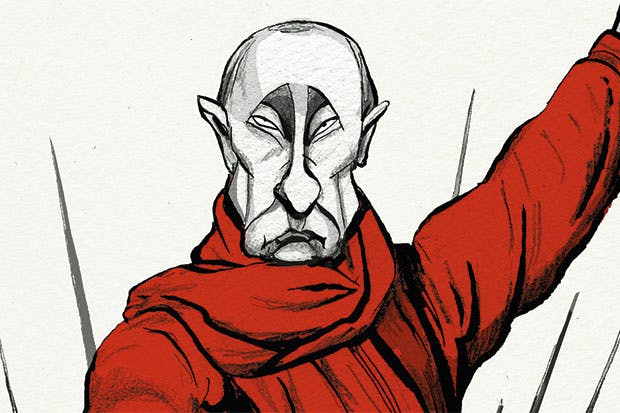


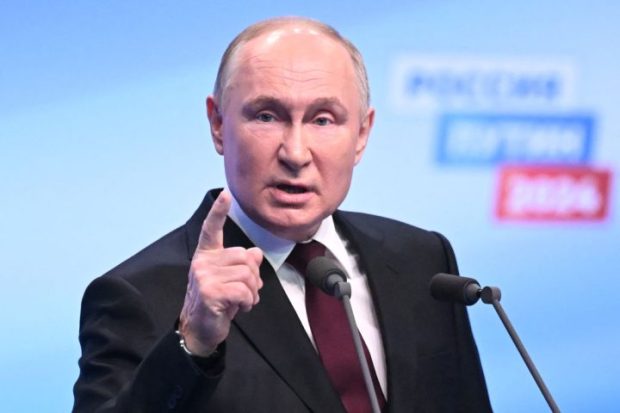
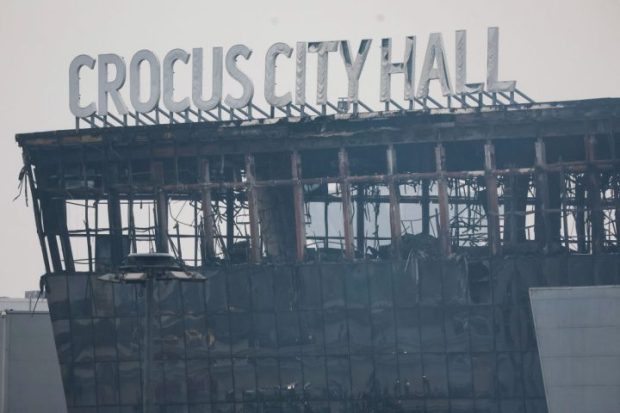
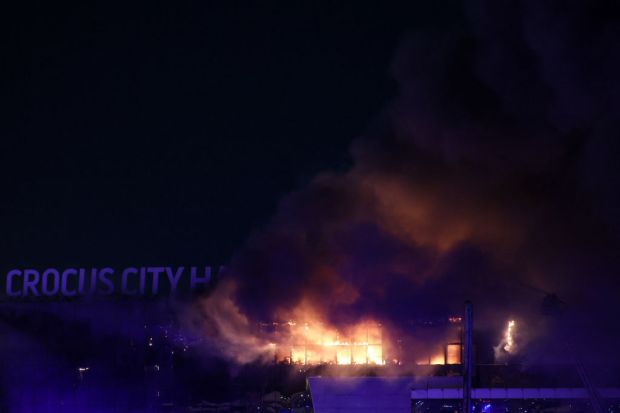
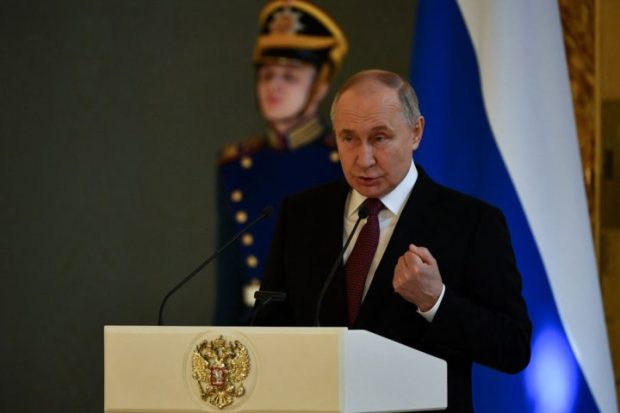












Comments
Don't miss out
Join the conversation with other Spectator Australia readers. Subscribe to leave a comment.
SUBSCRIBEAlready a subscriber? Log in